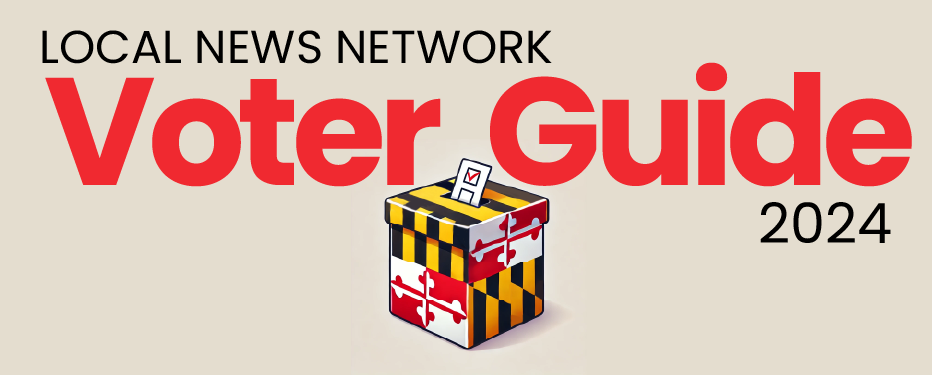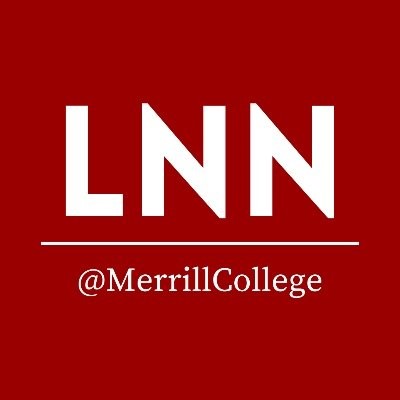Joanna Bache Tobin
Running for school board in Anne Arundel County District 6
Website: www.joannaforboardofed.com
Facebook: https://www.facebook.com/JoannaBacheTobin
How old will you be on Election Day (Nov. 5)?
61
Are you currently employed? If so, where, and what is your job title?
I am currently self-employed, working as a consultant in leadership and education.
What is the highest level of education that you completed, and where did you get that degree?
Doctorate, political theory, Georgetown University.
Why are you running for the school board?
I am seeking a second term to ensure the Board of Education remains focused on what I view as the core goal of Anne Arundel County Public Schools: the continuous improvement of student outcomes. This includes improving academic achievement as well as the social and emotional development of each student so they may reach their full potential. Achieving this goal has been my singular focus since first elected in 2020. Reaching this goal requires responsible oversight of the superintendent, competitive compensation for Anne Arundel County Public Schools employees, closing achievement and opportunity gaps, implementing the Blueprint for Maryland’s Future with fidelity, and ensuring leadership continuity. Also I bring to the board leadership and governance experience and skills. Additionally, I have extensive experience as an educator at higher and adult education levels. I have served on and chaired multiple boards and committees, and served over 10 years as chair of accreditation teams that evaluate schools for accreditation.
What makes you a good candidate for the board?
Attending schools around the world as the child of a U.S. Foreign Service officer, college teaching, school evaluations and serving on many boards give me deep and varied knowledge of day-to-day operations of schools, and strong leadership and governance experience. As a parent of a 2020 graduate of Annapolis High School, having served on the board of the Annapolis High Parent Teacher Student Association for three years as the vice president, I know what it is like to be a parent of a student in the Anne Arundel County Public Schools system. Finally, my record as a member of the Board of Education since 2020 demonstrates that I have been able to collaborate with my fellow board of education members, including across philosophical and political differences, to craft policies and budgets that enable all Anne Arundel County Public Schools students to move forward, regardless of where they begin.
What is the most important issue facing your school board and what would you do about it if elected?
The most important issue facing Anne Arundel County Public Schools is the existence of persistent gaps in opportunity and achievement between different subgroups of students. If Anne Arundel County Public Schools are to meet their stated aim of equity, meeting every student where they are, and moving all students forward in their achievements, then we must close these gaps. Doing this requires continued emphasis on curriculum alignment and data accountability, and attracting and retaining the very best staff and teachers. We must support diversity in hiring to ensure culturally responsive teaching, and staffing and programming supports for both special education and gifted and talented instruction.
Please name a public leader you admire and explain why.
As a student and teacher of American political theory, I have always admired President Abraham Lincoln. In particular, I admire him for his keen intellect and intellectual curiosity, his moral strength, his powerful ability to communicate, his willingness to change his views based upon compelling evidence, and his openness to the ideas of those who did not agree with him.
The Blueprint for Maryland’s Future, passed by the General Assembly in 2021, is a 10-year plan that includes increased education funding to support early childhood education, increased teacher starting pay, college/career-readiness standards for high school graduates, and expanded services to multilingual and impoverished families, among other goals. Please tell us your views on the Blueprint and how it will affect your school district.
The Blueprint for Maryland's Future presents a unique opportunity to transform public education and truly meet the needs of our students. Top benefits of the plan include providing universal 3- and 4-year-old pre-kindergarten, raising teacher status and compensation to competitive levels aligned with the work and education of educators, providing ample time for educators to collaborate and plan outside the classroom in order to deliver world class instruction in the classrooms, and ensuring career and college readiness upon graduation. Implementation of the plan requires collaborative relationships with bargaining units, creative thinking to locate spaces for pre-K classrooms, partnerships with business and trade unions to ensure availability of internships and certifications, and transparent communications with stakeholders regarding the implications of the requirement that the “money follows the child,” which could result in reallocation of staff between schools depending on the needs of the particular population of each school.
Some school districts nationwide are placing new limits on the use of cellphones in middle and high schools. What do you think should be the policy on student use of cellphones in your district, and why do you support that policy?
Anne Arundel County Public Schools recently released guidelines requiring that cellphones be put away at all times during the class day in middle and high schools, except for during lunch. I agree with these guidelines because research has demonstrated that cellphones are a distraction from instruction, and students need to be focused on learning if their outcomes are to continue to improve.
Are you satisfied with your school district's efforts to ensure the safety of its students? What, if anything, should be done to improve school safety in your district?
I am satisfied that Anne Arundel County Public Schools implement all the most up-to-date and best practices in security measures to ensure that all students and staff are as safe as they can be in our buildings. It remains the case, however, that the school system has no control over external factors that contribute to safety concerns such as the pervasive availability of guns. In addition to supporting strong security structures and protocols for all buildings, sufficient staffing in every building to ensure appropriate class sizes and sufficient counselors, social workers, school psychologists and literacy teachers assists in promoting security by supporting students' mental health and building critical relationships with adults.
Do you think there are circumstances when books should be removed from school libraries? If so, what kind of books should be removed, and who should make those decisions?
The books that are provided in school libraries should be developmentally appropriate and aligned with curricular requirements as well as with the interests and needs of students. I trust the highly trained media specialists in Anne Arundel County Public Schools to make well informed, considered determinations about which books fit those requirements, and to create extensive collections in each school to meet the academic and other interests of the diverse student body. If there are individual cases where a caregiver of a student is concerned about a particular book that is available in a school library, then Anne Arundel County Public Schools has in place a process whereby the caregiver may request a review of a book they find to be of concern. If the book, upon review through the current process, fails to meet the stated standards for acquisition, then the book should be removed.
Some school districts enact policies allowing transgender and gender nonconforming students to use their preferred pronouns while at the same time not informing those students' parents about that decision. What is your opinion of such policies?
If students are to grow and succeed academically, socially and emotionally, they must have a sense of belonging in their school. Essential to that sense of belonging is empowering educators to create classrooms where every single student feels safe and included. Enabling students to determine for themselves how they wish to be addressed and referred to is critical to that safe and inclusive environment, and therefore to student achievement.


